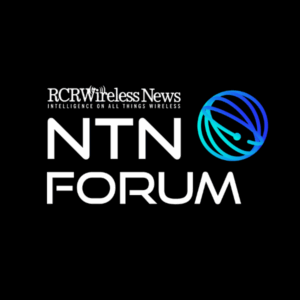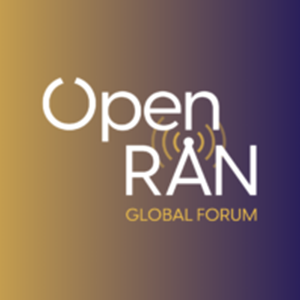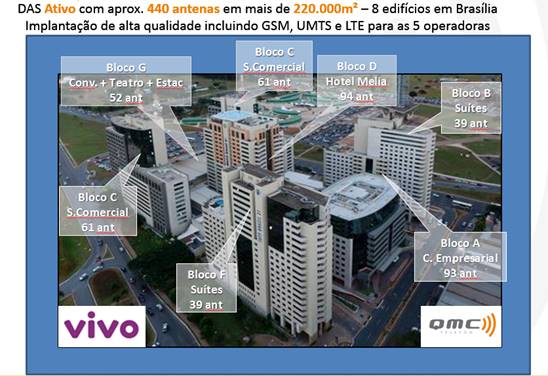The Colombian Ministry of Information Technology and Communications and the National Spectrum Agency (ANE, in Spanish) expect to present a spectrum policy plan to meet growing consumer demand for mobile services. The spectrum policy is expected to tackle projected needs for the mobile space through 2018. For the development, ANE analyzed the outcomes of the current policy, which covered 2010 through 2014.
Currently, ANE is receiving public proposals for the spectrum policy plan, which has a Nov. 20 deadline for submissions.
According to ANE, in the 2010 to 2014 period, spectrum assigned for telecom services jumped from 130 megahertz in 2009, to a total of 410 megahertz in 2013. Colombia this year held spectrum auctions awarding 90 megahertz in the 1.7/2.1 GHz bands and 100 megahertz in the 2.5 GHz band.
DAS kicks off
While in the United States the implementation of distributed antenna system in venues is underway, in Brazil (as well as some other Latin American places) commercial DAS projects are in the very early stages.
“Indoor traffic is growing, but there’s still so much to be done in the outdoor traffic that focus hasn’t turned to indoor yet,” said André Machado, president of QMC in Brazil, said in an interview with RCR Wireless News. He believes large venues are just beginning to understand that having a robust telecom infrastructure adds value to the building.
Network infrastructure company QMC Telecom announced the delivery of a DAS project implemented in the Brasil 21 complex, which includes commercial buildings and hotels located in Brasilia, Brazil. The infrastructure supports 2G, 3G and LTE in all frequency bands and can be updated to support new technologies. QMC didn’t provide the exact amount of the investment, but said the deployment cost between R$5 million and R$10 million ($1.3 million and $2.6 million).
QMC signed a 20-year contract with mobile operator Vivo to use its infrastructure in the Brasil 21 complex, and said it’s in the process of making similar deals with other carriers. By using DAS, carriers can offload data and voice traffic from the complex, which accommodates about 10,000 people.
Policy management
Brazilian ICT provider Algar Telecom, part of the Algar Group, tapped Openet as its supplier for policy management solutions with an emphasis on delivering next-generation network capabilities, offering centralized access to subscriber data and other specialized business support system functions. According to Algar Telecom, the company is enabling real-time management of data quotas and uses these to target context aware offers to customers.
More Latin American News:
Chile — Entel is set to invest $15 million to install 99 LTE base stations in the central Bio Bio region.
Mexico — Mexico’s Federal Telecommunications Institute gave the green light to the planned merger of Alcatel-Lucent and Nokia.







